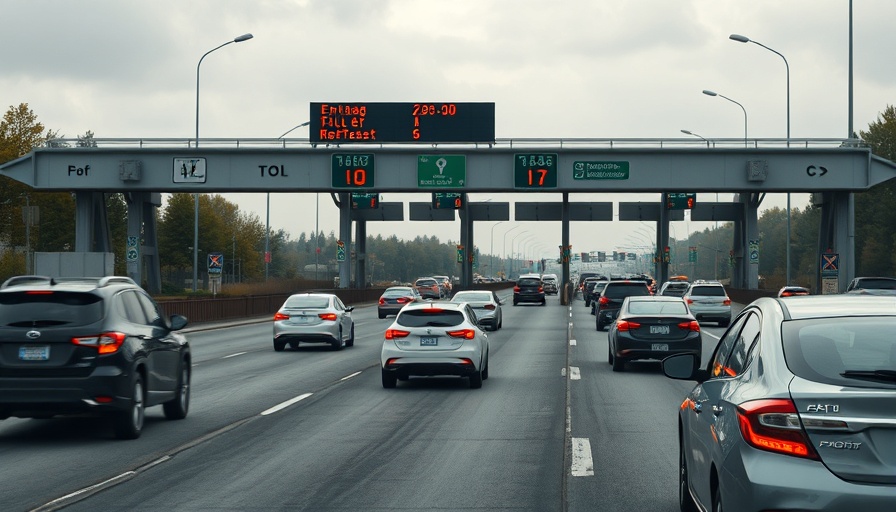
Understanding the Rise of Smishing Scams
Have you recently received a text informing you that you owe unpaid tolls? If so, you’re not alone. These smishing scams, designed to steal personal information and money, are becoming overwhelmingly common. In February alone, Americans received a staggering 19.2 billion spam texts, highlighting a sharp increase in these types of scams. Smishing, which utilizes text messaging to trick individuals, is adapting quickly to take advantage of new circumstances, such as changes in travel pricing or toll regulations.
How Scammers Target You
Scammers are exploiting recent events to launch their fraudulent activities. For instance, the initiation of congestion pricing in New York City in January 2025 led to a rash of scam texts threatening unpaid tolls. Many of these messages employ alarming tactics, claiming urgency to extract your payment information or direct you to malicious links. Such instances reflect a calculated attempt to exploit consumer confusion during busy travel seasons, particularly during spring vacations when families are on the road.
Recognizing the Signs of a Scam
If you’ve received a suspicious text about unpaid tolls, it’s probably a scam. According to the Federal Trade Commission (FTC), these unsolicited messages often demand immediate payment, and they may appear to originate from legitimate tolling agencies. Always verify any claims by contacting the agency directly through trusted contact information rather than engaging with the text.
The Importance of Consumer Awareness
Awareness is your best defense against smishing. Registering your number on the National Do Not Call Registry can reduce unwanted communications. Stay skeptical of unsolicited texts requesting sensitive personal information like your bank details or passwords. Experts recommend that you never click links in such messages, as they often lead to phishing sites designed to capture your information.
Steps to Protect Yourself
To safeguard your personal data, you should:
- Always scrutinize the sender’s details.
- Use your phone’s 'report junk' option to alert your service provider.
- Forward suspicious texts to 7726 (SPAM) and delete them afterwards.
- Contact the relevant entity directly through trusted methods to confirm any claims.
Being prepared and informed can significantly reduce your chances of falling victim to these scams.
Summary: Stay Informed and Vigilant
The prevalence of smishing scams regarding unpaid tolls emphasizes the need for heightened consumer awareness. Educating yourself on how these scams operate is crucial for protecting your information and finances. Stay vigilant and consider the steps above to maintain your digital safety.
 Add Row
Add Row  Add
Add 




Write A Comment